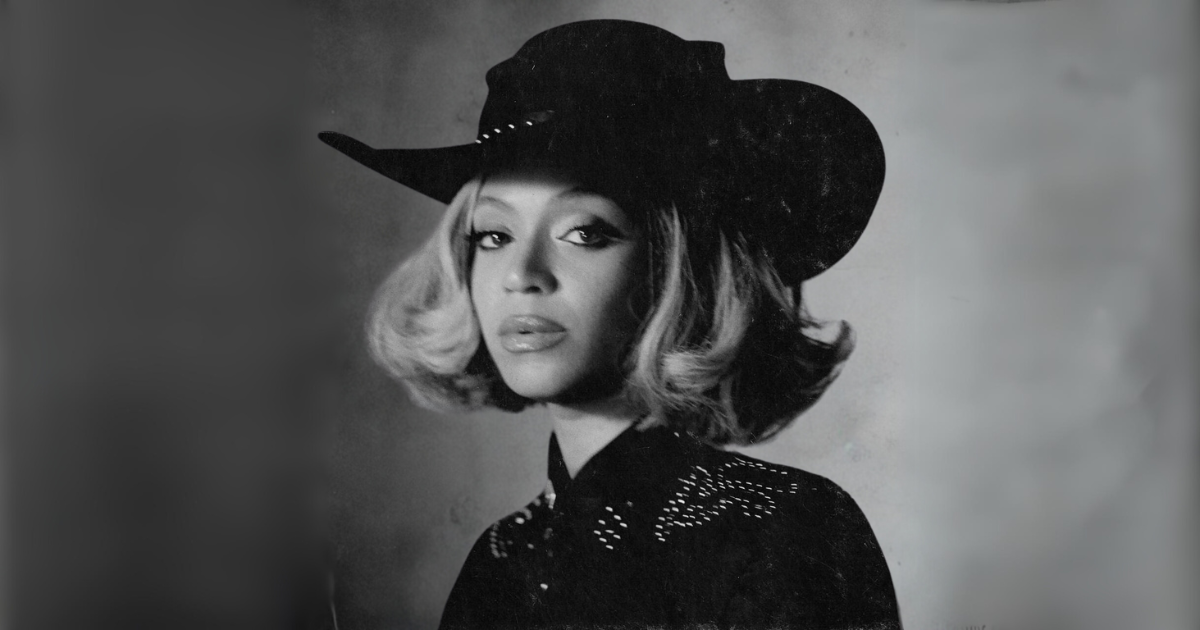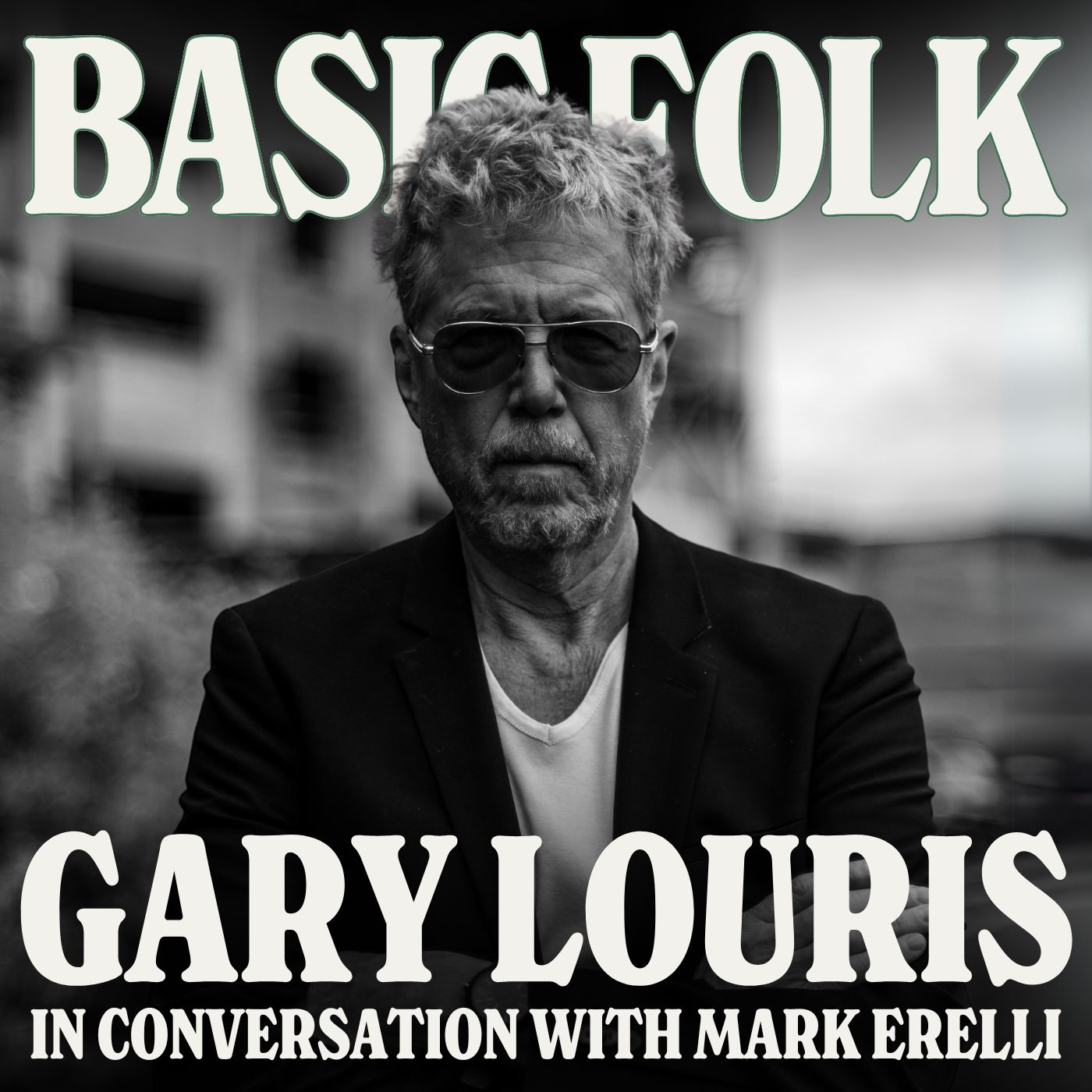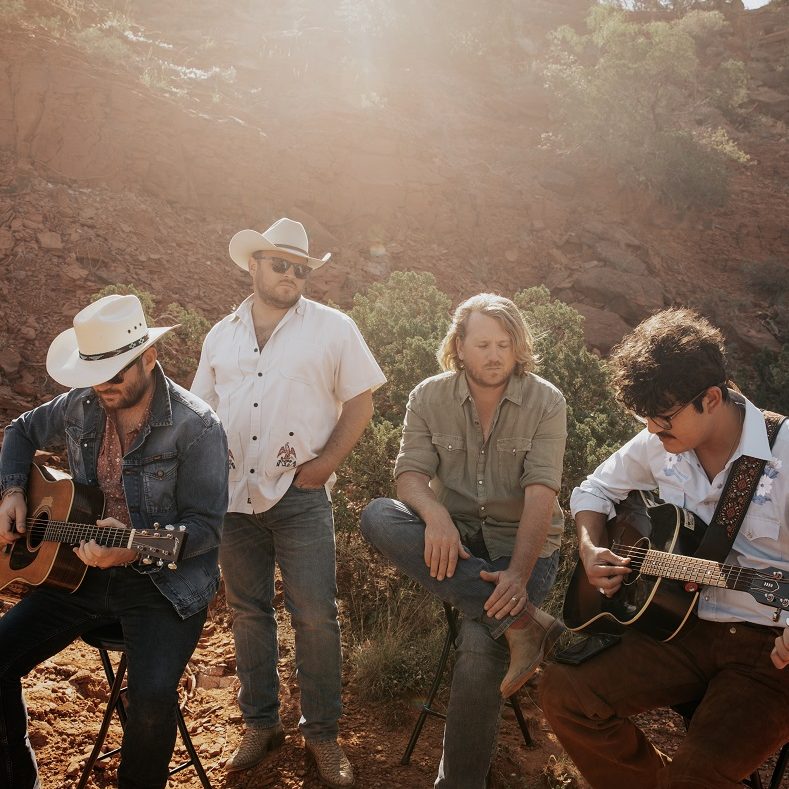During a series of high profile Verizon ads during yesterday’s Super Bowl, Beyoncé announced that her upcoming Act II following 2022’s incredibly popular dance album, Renaissance, will find the globe-crossing singer/creative powerhouse returning to country. As music journalist Marissa Moss points out in a brand new post for the country newsletter she co-founded, Don’t Rock the Inbox, Beyoncé Knowles-Carter’s relationship to the genre is nothing new – as far back as 2007 the Texas born-and-raised artist rode a horse as she entered the iconic Houston Rodeo, an internationally known, marquis event in her hometown. Across the decades, Knowles-Carter has constantly utilized her music to remind her audience of her Americana roots, with songs, tracks, and production values that regularly reference country and roots music idioms. At the Grammy Awards on February 4, she wore a modernist couture cowgirl get up – a motif that has been peppered throughout the visuals for Renaissance and its world tour. As Lana Del Rey had just announced her next album, Lasso, would be country, the world wondered – why is Beyoncé wearing a cowboy hat?
But Beyoncé’s relationship to country goes deeper, still. In 2016, as Moss and many other journalists and industry insiders pointed out in reaction to last night’s announcement, Knowles-Carter appeared with The Chicks (at that time still referred to as The Dixie Chicks) in a fiery medley performance during the CMA Awards. The trio joined Beyoncé on her countryfied Lemonade track, “Daddy Lessons,” before morphing into a barn burning all-skate on the Chicks’ Darrell Scott-written hit, “Long Time Gone.”
These new songs, which were initially unveiled exclusively on the streaming service Tidal, are built on the “Texas Bama” terroir that all of Knowles-Carter’s music is intentionally rooted within. “Texas Hold ‘Em” begins with a full, warm, fretless old-time banjo, playing a looped, intricate melodic hook. If your ears perked up during Act II‘s teaser video upon hearing the five-string, you are correct – the banjo and viola on the track were performed by the one and only Rhiannon Giddens and were tracked with Demeanor, Giddens’ nephew, another roots music innovator and genre blender, acting as engineer.
It is beyond apropos for Beyoncé and her team to tap Giddens here, someone who has also built a career and prolific musical output on holding together seemingly disparate influences, textures, tones, and styles. It speaks to Knowles-Carter’s aptitude for not only trying on and exploring new or relatively unfamiliar idioms, but also inhabiting them wholly, intricately, and intuitively. It seems obvious to state, but Beyoncé is no roots music carpet-bagger or opportunist putting on “poverty tour” cosplay just to bolster her bottom line.
Though the production style and arrangements here are decidedly interconnected with Renaissance, the beats and underscoring beneath and around the clawhammer banjo and finger-picked acoustic guitar don’t feel entirely like Avicii’s “Hey Brother” or similar, more heavy-handed attempts to intermingle string band music with house, disco, and dance. Ultimately, these two tracks feel less like a “stomp & holler” money-grab/chart-grab and more like post-modernist line dancing music, carrying forward the placemaking and space-holding of her 2022 album. This is music about gathering, moving, and polishing the floorboards with a pair of cowboy boots.
As MacArthur “Genius” and New York Times columnist Tressie McMillan Cottom points out in a NYT blog entry on the new tracks, the most country-sounding aspects here don’t originally stem from “country” at all: “‘Texas Hold ’Em’ sounds like a Maren Morris-style bop, with many of country-pop’s current themes,” says Cottom. “There is a good reason for that. Those themes are very R&B and hip-hop coded: harmonies, danceable hooks, trap percussion and call-and-response.”
In the mind of this writer, though, “16 Carriages,” the proverbial B-side to the more glitzy and grabby “Texas Hold ‘Em,” is the most remarkable of the two singles currently available from Act II. It’s a Beyoncé train song, one that straddles the divide between urban and rural, city folk and country folk, hillbilly music and rhythm and blues. This is a deft balancing act, one that collectives like the Black Opry and artists like Mickey Guyton, Brittney Spencer, Black Pumas, Buffalo Nichols, Julie Williams, and yes, Giddens, have been demonstrating to the roots music industry and its fans for years and years, now. Such a balance can easily go awry, but as we know, Beyoncé so rarely goes awry – even in a would-be treacherous foray into this well-guarded and gatekept genre.
@black_was_genius Replying to @🌚 you asked, i responded. #beyhaw #blonde #takeover ♬ original sound – Tressie McMillan Cottom
These two songs, but “16 Carriages” especially, illustrate how important it is to view music such as this not as aberrations from a country music norm, but as distillations and representations of what has always been possible in country. Especially if we let arbitrary, moralistic, and bigoted “rules” and expectations fall away and we let artists – whether the most famous in the world or the busker on the street corner – be who they are, unencumbered and empowered by their identities, in all of their idiosyncrasies and complications. Beyoncé’s Act II will showcase that we really do all belong in country, whether your hat and boots are literal shit kickers or are overlaid in hundreds of disco ball mirrors.
Photo courtesy of Tidal.




